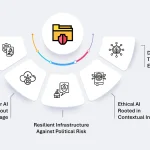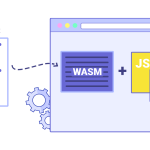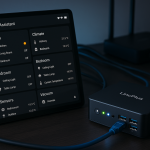
Data has long been called the new oil. Just as oil can readily be sold around the world due to the world’s reliance on fossil fuels, data on Internet users can be sold to advertisers and marketers to ultimately make them better at shopping their products and services out to potential buyers. One of the largest concerns that people have when it comes to data is whether it is stored confidentially or not. Businesses that fail to store such information privately are subject to endless scrutiny and potential operational failure. Here are a few tips and tricks you can employ in your quest to maintain the confidentiality of the data that you or your business has access to and ownership of.
If You Still Use Paper Documents, Make Sure They’re Shredded Immediately
Some businesses simply bag up hundreds or thousands of full, unshredded pages of personal information such as identifying info like Social Security numbers and current addresses of residency. Identity thieves seek out such undestroyed, natural forms of information from businesses’ employees who aren’t getting paid enough and can easily be swayed by bribes. As such, you should invest in the highest-quality shredder that your business can possibly afford. You can never be too careful in making sure that paper documents won’t be seen by unauthorized eyes.

Data Needs to Be Encrypted, as Do Messages
When people within businesses and government agencies communicate with one another about the confidential data that they own, they need to make sure to employ Pretty Good Privacy, a form of encryption protocol that keeps people safe from prying eyes, in sending each and every message they pump out.
Patrons’ Data Should Not Be Linked to Their Real Names
Business employees can wrongfully gain access to people’s personal, private, confidential information if such info is at all linked to such people’s real names or other types of potentially identifiable information. These businesses need to make sure data cannot be saved in such a manner. These tips are a great way to get on the pathway to confidential data destruction, a class of services we provide, too.









